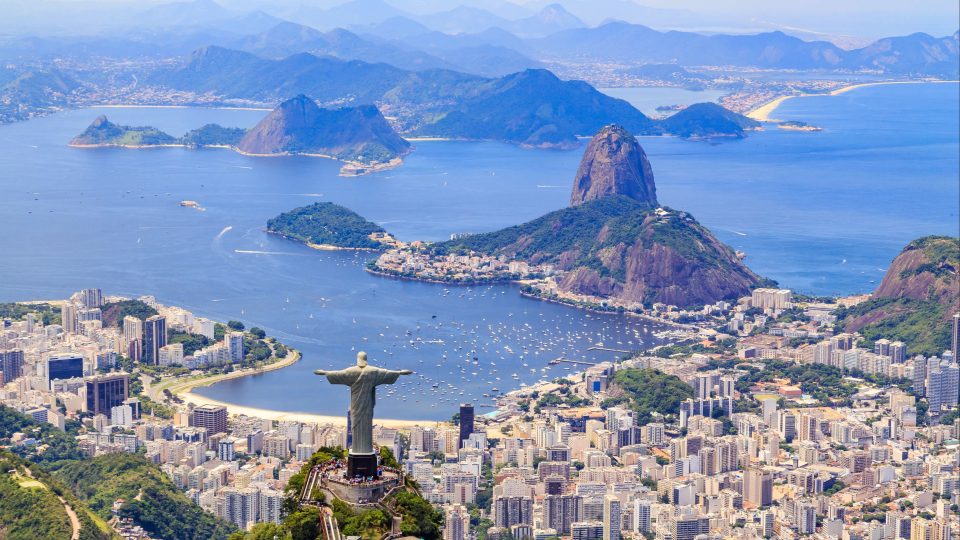The authorities in the Brazilian city of Rio de Janeiro have declared a health emergency as they try to contain the spread of dengue fever.
The incidents of the mosquito-borne disease quadrupled in Brazil in January compared to the same month last year.
Rio has registered 10,000 cases so far this year, compared to 23,000 for the whole of 2023.
Dengue can cause a fever, severe headache, pain behind the eyes, muscle and joint pain, and a blotchy rash.
A dengue vaccine developed by the Japanese company Takeda was approved by Brazil’s health regulator last year, but has not yet been widely distributed.
Eder Gatti of Brazil’s health ministry said the number of doses the public health service had received from the Japanese laboratory were limited. The government therefore plans to prioritise large municipalities with high dengue transmission rates.
Meanwhile, Rio city hall announced it would open 10 treatment centres for people with dengue.
Daniel Soranz, the city’s health secretary, said the aim was to reduce the number of serious cases and deaths caused by the infection. “Early treatment makes all the difference,” he said.
Health officials have also urged people to prevent being bitten by mosquitos by applying repellent.
Brazil’s Health Minister Nísia Trindade has urged people to make sure they check their homes and get rid of any stagnant water, where the mosquitos which transmit dengue breed.
Fumigators are spraying some of the worst affected areas and public health announcements will be made at the Sambadrome, the venue where Rio’s famous samba schools parade in front of judges to be crowned winner of this year’s Carnival parade.
Rio is not the only place to declare a health emergency due to the increase in dengue cases. The federal district and the states of Minas Gerais, Acre and Goiás already took the step over the past weeks.
The health secretary of Minas Gerias, Fabio Baccheretti, blamed high temperatures for the quick spread of the viral infection Brazil has been experiencing in recent months.
“The record temperatures at the end of last year, with the El Niño phenomenon, are a new and determining factor,” he told AFP news agency.
The problem is not confined to Brazil either. Argentina has also seen a spike in dengue cases.


